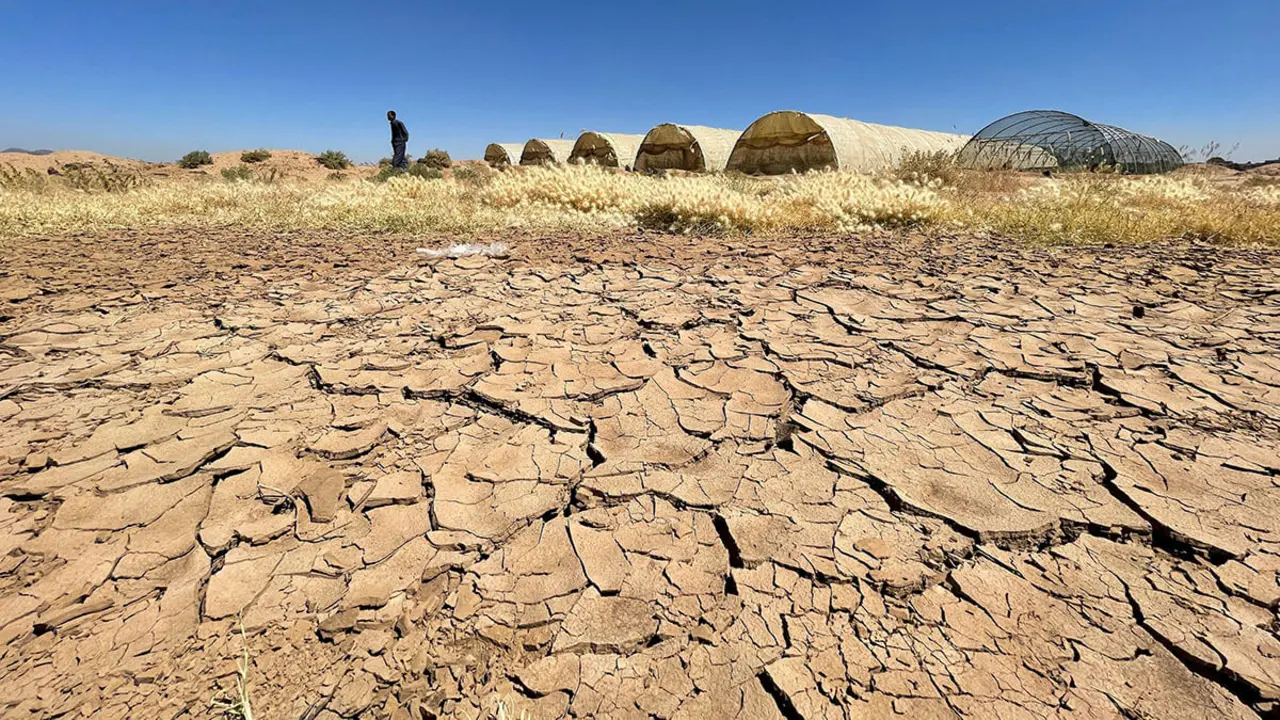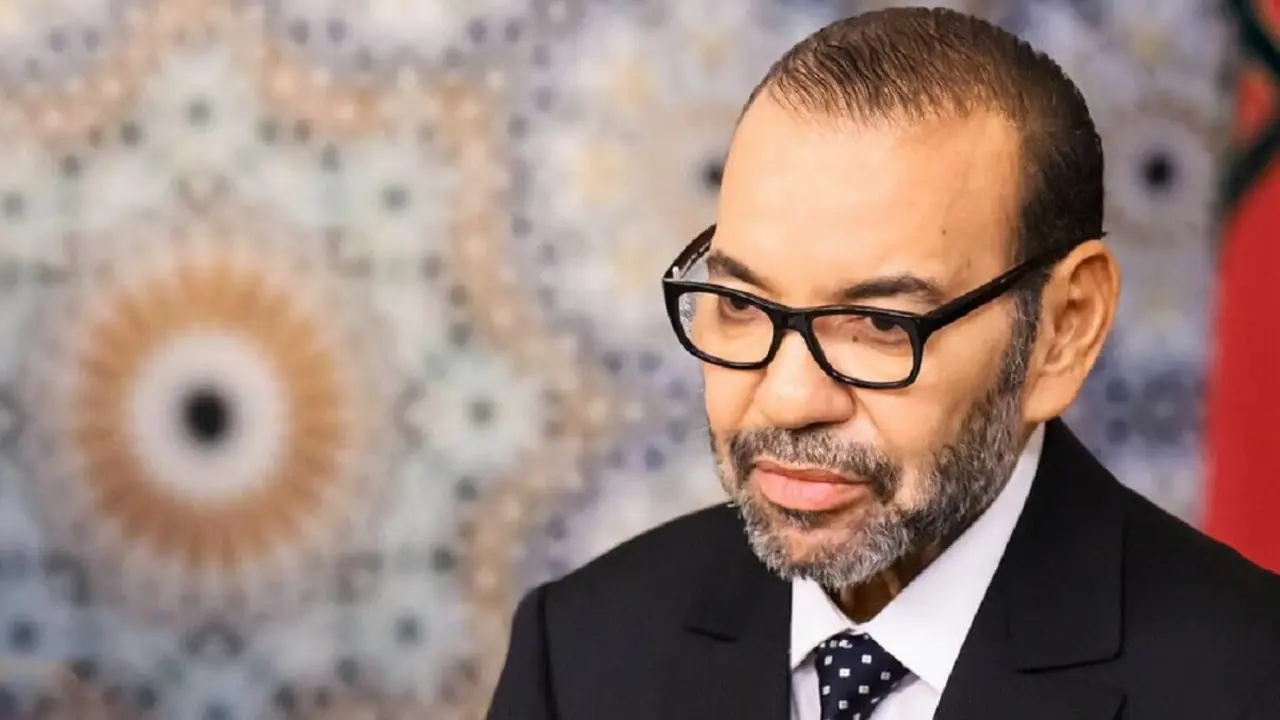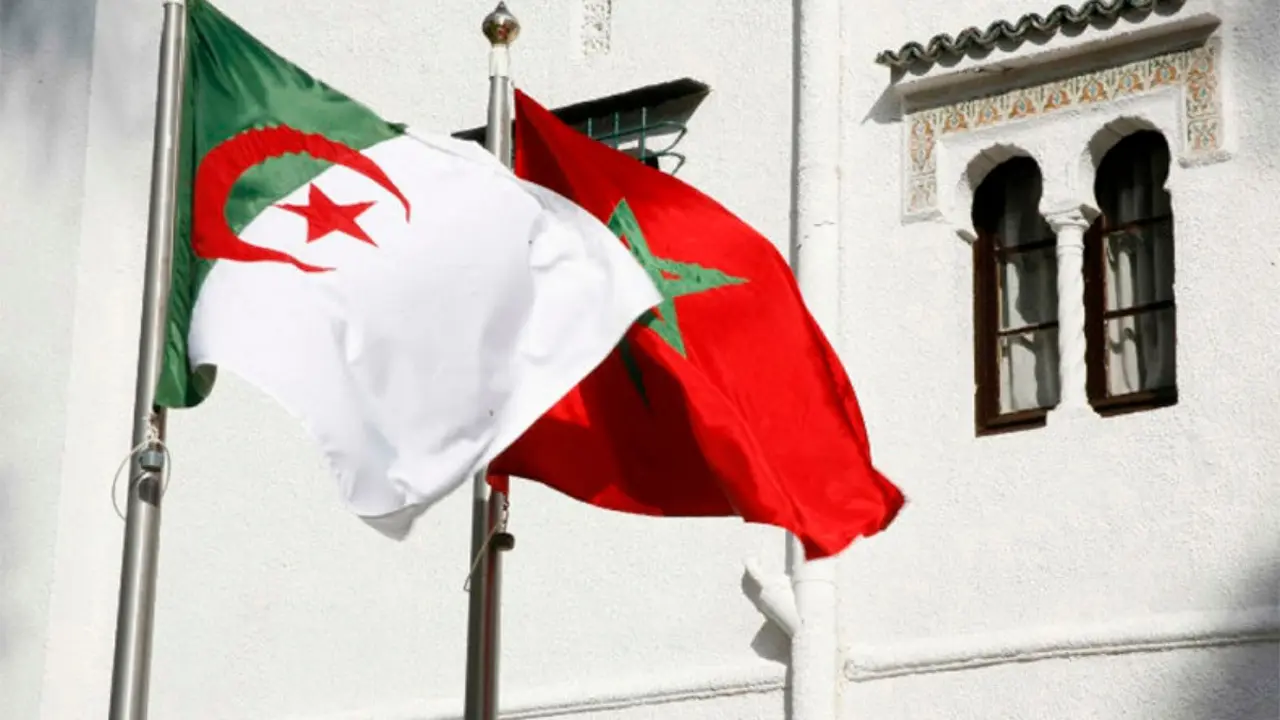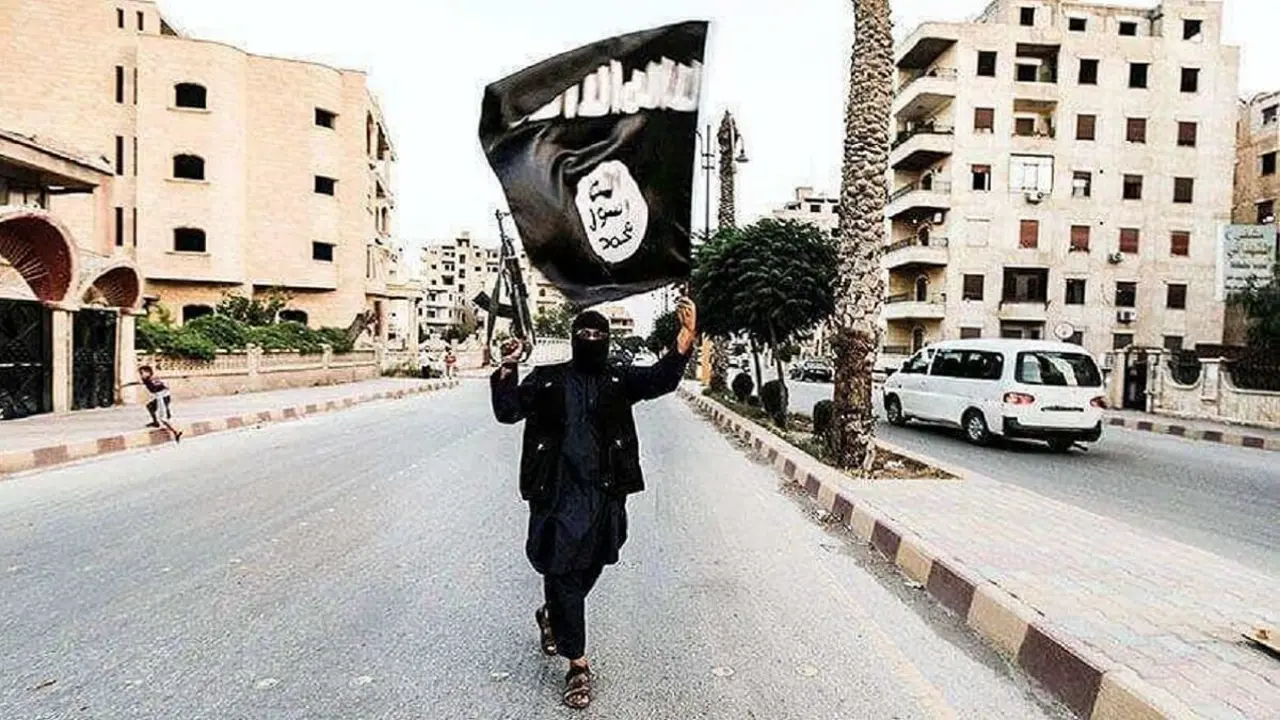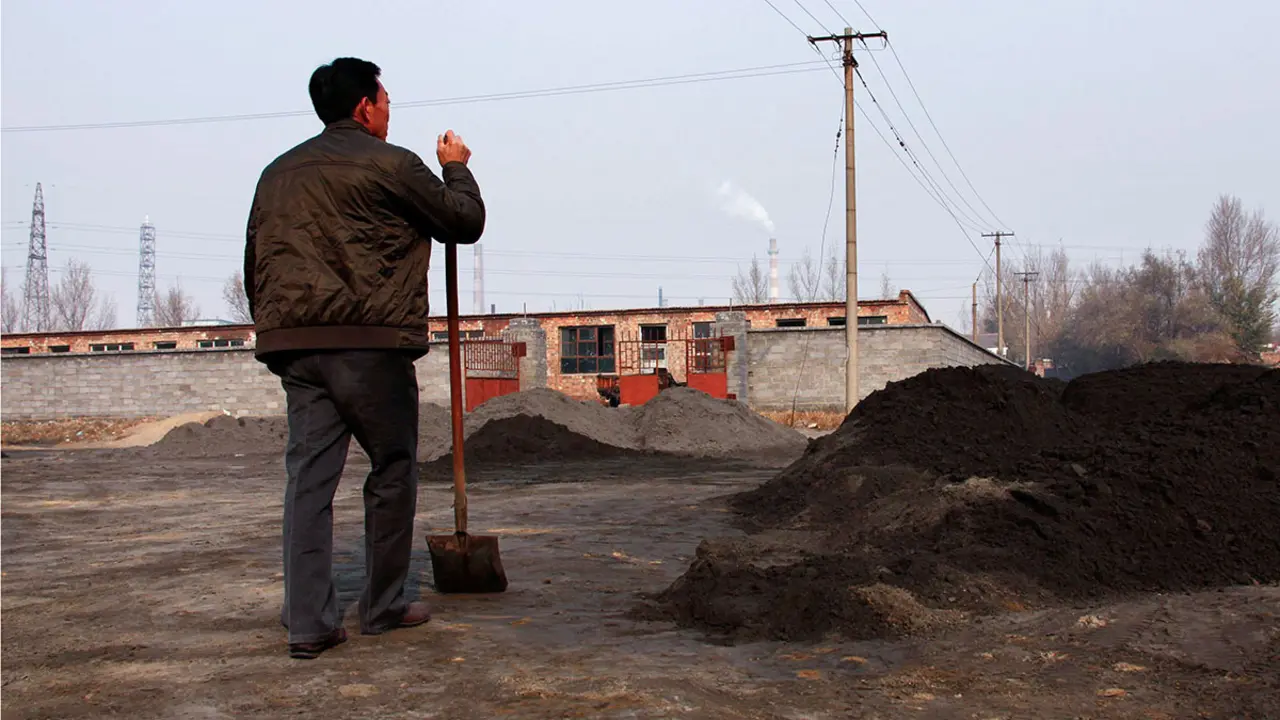The foreign influence on the French Muslim community that has led to the law against Islamist separatism

The draft law against separatism in France has already appeared in public.
Macron presented its bill against Islamist separatism on 2 October. This presentation, although criticised for its language, was generally supported by the two leaders of the Muslim community in France, Mohammed Moussaoui, president of the French Council of Muslims (CFCM), and Ghaleb Bencheikh, president of the Fondation de l'Islam de France.
The concept of Islamist separatism encompasses the three main objectives of the law: to control the Jihadist threat and radicalism; to put an end to communitarianism, that is, the lack of state control of certain districts or communities in France; and to free France from foreign influences. Although the three are related, in the following article we will focus on foreign influence on French Muslim communities. There are three main areas in which international Muslim religious movements, linked to governments in North Africa and the Middle East, have a clear influence on the Muslim community in France: the training of Muslims, the funding of mosques and cultural centres and the creation of associations and political parties linked to communitarianism.

The two most influential international Muslim movements are Wahhabism and the Muslim Brotherhood. The former came to France in the early 1980s with the purchase of several properties in Mantes-la-Jolie through the Arab League and the Saudi monarchy, where it subsequently financed several mosques throughout the 1990s and into the 2000s. The Muslim Brothers were established in France in 1983 with the creation of the Union of Islamic Organisations in France (UOIF), which became the Muslims of France in 2016. The latter have a lot of influence in Morocco and Tunisia, so immigrants from these countries will be the driving force behind this movement.
The Gulf monarchies will focus on financing Wahhabism through mosques, cultural centres and paying the salaries of imams. In 2016 the Saudi Arabian ambassador to France indicated that he would participate in the financing of eight French mosques through grants, at a cost of approximately 3.8 million euros. In addition, he specified that he was also helping to pay the salaries of 14 imams of French mosques. Qatar, through its foundations such as the Qatar Charity, finances mosques, associations and schools.
One example is the 400,000 euros donated by this foundation for the construction of a mosque in Potiers. Kuwait usually does this through its diplomatic representations, and has financed part of several French mosques such as the one in Strasbourg or Reims. In most cases, the financing of mosques and cultural centres is done through a French association with French individuals behind it and not directly, which is why it is so complicated to determine all the financing received from abroad. It should be noted that the Muslim community, like the Catholic community, finances 80% of worship through donations from the community members themselves.

On the other hand, the Muslim Brothers began with a social character, cleaning and repairing buildings in the popular immigrant neighbourhoods, but they gradually created a political project in which, without questioning French secularism, the interest of Muslims in France is defended.
In fact, unlike other movements, the UOIF does not express itself on what is happening in the Middle East but focuses on the problems of French Muslims. There are currently around 50,000 Muslims who belong to the Muslim Brothers' organisations.
They control 200 associations, 147 places of worship and 18 schools. The Muslim Brotherhood movement has begun to penetrate democracy through the submission of community lists to municipal elections, mainly through the UDMF party.

Having stood for the first time in the municipal elections of 2014 by obtaining a municipal councillor, in the European elections of 2019 they obtained 0.13% of the votes, showing that their influence is quite local, mainly in towns close to Paris such as La Courneuve or Mantes-la-Jolie.
Thirdly, it is necessary to mention the direct influence of the Maghreb and Turkish governments on French Muslims. With respect to the former, due to obvious historical links, both Algeria and Morocco have a long tradition of financing Islamic centres and mosques, training the imams and Muslim organisations in France such as the CFCM.
Of the 290 foreign imams in France, financed directly by the country of origin, 120 have been sent by Algeria and 30 by Morocco. Furthermore, under the bilateral agreement with both countries, 300 imams come to France every year for Ramadan, also mainly from Morocco and Algeria.

With regard to the financing of mosques and the remuneration of imams, in 2016 the ambassador of the Kingdom of Morocco in France revealed the budget allocated to financing the construction and restoration of mosques and the remuneration of 30 imams in France, which was around six million euros.
Among the mosques financed by Morocco are those of Saint Étienne, Strasbourg and Evry, which are directly owned by the Kingdom of Morocco. On the other hand, Algeria does not directly finance any association or mosque, but it does so through a partnership agreement with the Great Mosque of Paris of around two million euros per year.
With respect to Turkey, the interference of Erdogan's government in French Muslims is causing permanent tension between the two countries. The influence of the Turks in France, as in the rest of Europe and above all in Germany, comes from the Islamic organisation Millî Görü formed by the Turkish diaspora in Germany in the beginning of the 1970s.

This organization gained importance in the Alsace area, especially in Strasbourg where it has its greatest influence, through the construction of the Strasbourg mosque by the Ditib organization and the Yunu Emre school, the project to create a theology faculty dependent on the University of Marmara.
Of the 290 foreign imams in France, 140 are sent by Turkey. On the other hand, although the Turkish government denies the existence of subsidies from Turkey, the Ditib organisation (The Turkish Islamic Union for Religious Affairs) has financed several French mosques.
Furthermore, Turkish influence has reached the French political-democratic sphere through the creation of a party closely linked to Erdogan's AKP, the Parti Égalité et Justice (PEJ) founded in 2015, which ran in the departmental elections of 2015 and legislative elections of 2017. Of the seven constituencies in which it ran in 2017, it did not get more than 1% of the voters.

Even so, the creation of a Turkish diaspora party so closely linked to Erdogan illustrates the extent of its influence in France. Erdogan criticized the discourse on the law of separatism, calling it an impertinence and a clear provocation: "Talking about structuring Islam is an abuse of power and impertinence for a French head of state".
Finally, mention should be made of the influence of international Salafist movements such as Tabligh Jamaat, an Indian religious association which, although not directly linked to any foreign government, is part of the most extremist movements linked to Jihadist radicalisation. In France the movement is represented by the Association Foi et Pratique which directly controls 50 places of worship.
Because of the influences presented above, Macron, in his presentation on the law against separatism, stressed the end of the training of Muslims abroad and the control of the financing of Muslim associations. However, as there is no regulated training in France for imams, apart from two courses under the Grand Mosque in Paris, it will be difficult to carry out this measure unless schools are allowed and assisted in this purpose.
It will be necessary to see the bill to qualify whether the measures really solve the problems they are intended to address. What will be essential in any case is the agreement and support of the French Muslim community and its leaders in order to implement a law that responds to real needs.



